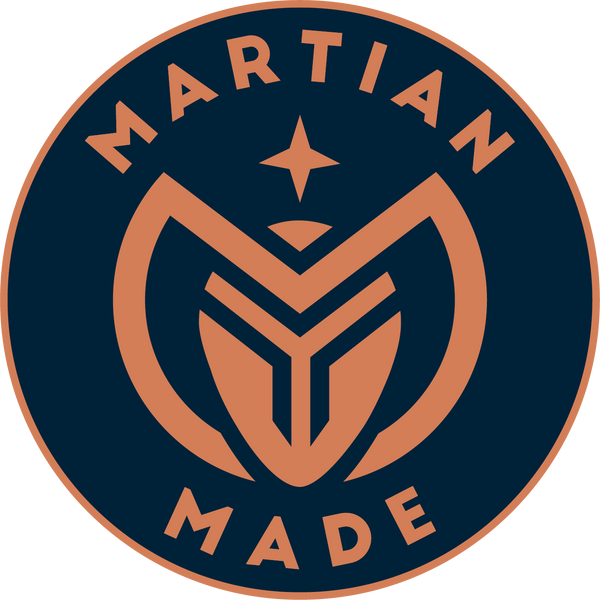Sleep apnea, a condition as charming as a Martian sandstorm and about as welcome in your bed. If you or your bed partner are exhausted by the symphony of nocturnal snoring, perhaps the time has come to explore alternatives to the traditional Continuous Positive Airway Pressure (CPAP) machine. While CPAP does an excellent job of managing the problem, many are eager for solutions that go beyond merely treating symptoms to offer a genuine cure. So, let's dive into the universe of possibilities, with a nod to scientific realism and a wink to its quirks.
A Stiff Upper Lip with Surgical Solutions
When it comes to sleep apnea, surgery might sound as appealing as a visit to the dentist, only this time, it's potentially an actual visit to the dentist. But don’t turn up your nose just yet; these surgical interventions are designed to address the underlying roadway blockages in your anatomy.
Consider the Uvulopalatopharyngoplasty (try saying that after three pints), which involves removing excess tissue from the throat to widen the airway. It requires a commitment as firm as the surgeon's handshake and can be as effective as clearing a landslide from a railway track.
Then there's the tongue-inspired witticism of the Hypoglossal Nerve Stimulation device, which sounds like it belongs in a science fiction flick. This nifty gadget encourages tongue repositioning, preventing it from obstructing the airway, a bit like teaching your tongue some manners. These procedures may not guarantee a complete cure for everyone, but they certainly offer hope for those willing to consider going under the knife in pursuit of peaceful slumber.
Mouth Guards, but Make Them Chic
If the idea of surgery leaves you feeling queasy, fret not. We have the dental brigade ready to step into the ring. Mandibular Advancement Devices (MADs) offer an intriguing non-surgical option, shifting the lower jaw slightly forward to keep the airway open. Imagine wearing an incredibly chic, custom-fitted brace while dreaming of victorious sleep.
They're a bit like the tuxedo of nocturnal accessories; understated but game-changing. Dental devices have been shown to be effective, especially for those with mild to moderate sleep apnea. They work diligently to keep your jaw in place without fanfare or fuss. So, if you don't mind slipping into something a little less comfortable before drifting off, these devices could bring the cure you're dreaming of one step closer.
Lifestyle Changes, Because We're All In This Together
Let's face it, sometimes the best solution is the one that requires a little effort and even more discipline. Lifestyle changes are an effective weapon in this battle of the night. Our good friends diet, exercise, and weight management once more prove their value.
A few carefully curated pounds lost, a healthier diet established, and a commitment to physical activity can make a meaningful difference. It's as though your body decides to stop interrupting your REM cycle with stage directions from the Hitchcock School of Zoo Sounds.
Limiting alcohol and caffeine intake, particularly close to bedtime, can also perform wonders. As much as we love a tipple or a flat white, these habits can exacerbate sleep apnea symptoms, rather like thermal underwear making your radiator redundant.
Embracing these changes is like taking down the magician’s mirror. You strip away the smoke and hope what's left is true magic, reclaiming a peaceful night’s sleep from the clutches of apnea.
Emerging Treatments: A Flight of Fancy, or the Real Deal?
Science, that beacon of hope and reason, continues to explore new frontiers for sleep apnea solutions. Emerging treatments, though often in the testing phase, present intriguing possibilities. Take Myofunctional Therapy, which involves exercises targeting the muscles in the throat, tongue, and mouth to strengthen and tone. A veritable pilates class for your mouth.
Then there's Positive Airway Pressure innovation that isn't technically CPAP but feels like it came straight from a dream. Adaptive Servo-Ventilation (ASV), for instance, adjusts air support based on detected breathing patterns. It's like a snooze symphony directed by a maestro in your machine.
Furthermore, keep an eye on medications developed to breathe new life into the arena. While they are still in research stages, medications targeting the root causes of apnea present exciting prospects. As ever with scientific exploration, patience is a virtue, but knowing the universe of options is expanding is reassuring in itself.
Musing on the Martian Connection
Before we wrap this interplanetary exploration, consider this: though the quest for a cure for sleep apnea might feel like a mission to Mars, wouldn't it be beautiful to find both journeys lead you to rejuvenation and discovery? Whether one works better for you than the other may depend on your unique cosmic composition.
With a little luck and a lot of clarity, we can hope to find effective solutions, banishing sleep apnea to the realm of forgotten nightmares, where it can explore the vast universe while we indulge in a good old lie-in. So, as you ponder these possibilities in your pursuit of the perfect night's sleep, remember, the universe is full of surprises. Don your sharp suit or pyjamas and partake in this venture with confidence. Pleasant dreams await on the horizon for those bold enough to explore beyond the ordinary.

